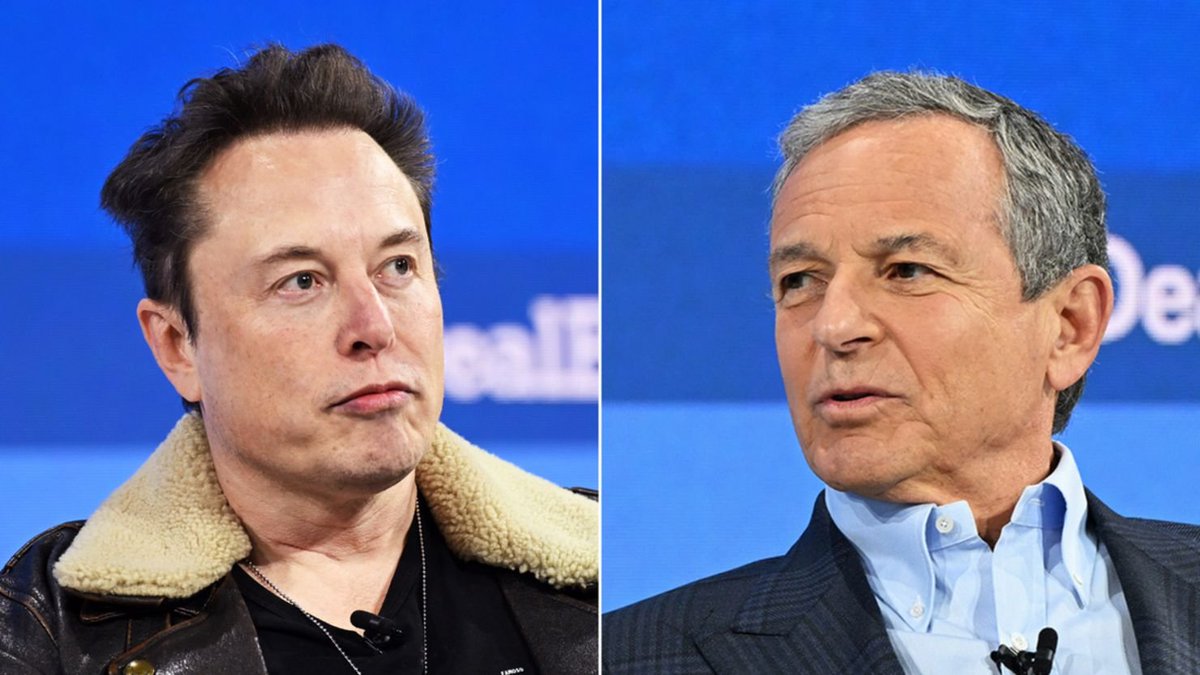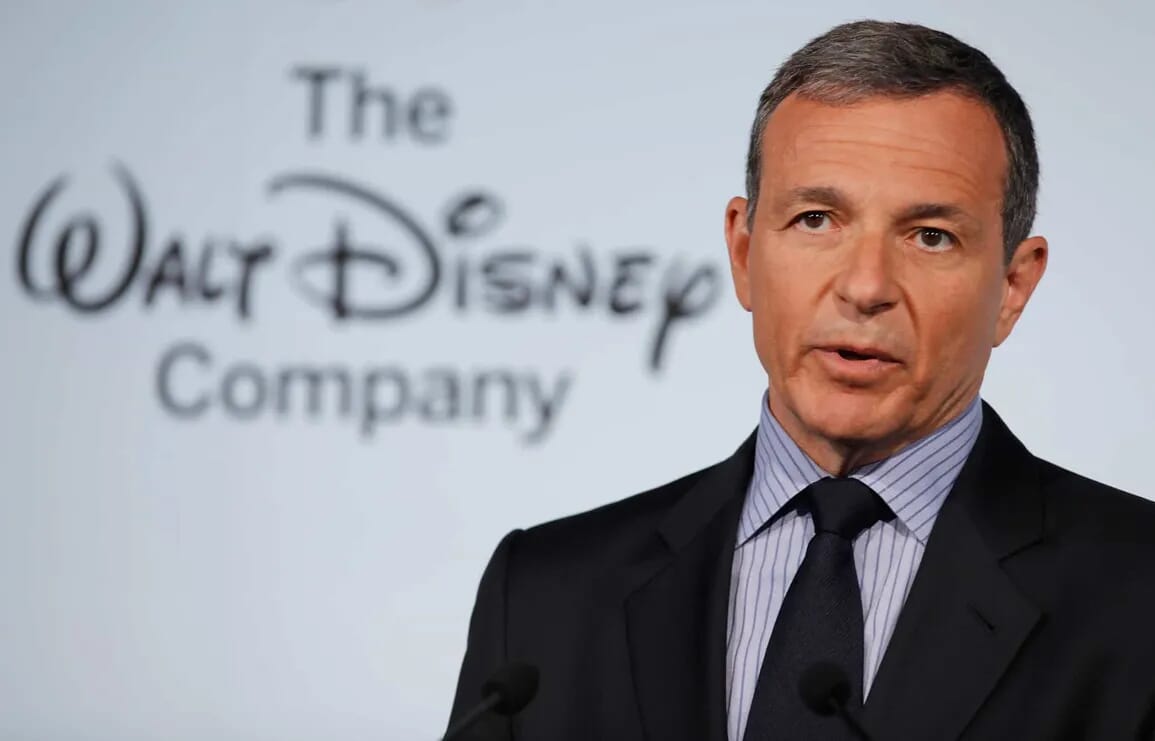Student Village Academy › Forums › GENERAL DISCUSSIONS › In November 2023, Disney tried to destroy X (Twitter).
Tagged: data, disney, information, Twitter, x
- This topic is empty.
Viewing 0 reply threads
-
AuthorPosts
-
-
December 15, 2024 at 11:13 AM #76307
 justseyiKeymaster
justseyiKeymasterIn November 2023, Disney tried to destroy X (Twitter).
They pulled their ads and cost Elon $75M in revenue. But instead of backing down… Elon told their CEO to go f*** himself. Here’s the unbelievable story of how one decision cost Disney $200B:November 2023. Disney’s CEO Bob Iger made a decision that would spark one of the most explosive corporate feuds in history: He pulled all of Disney’s ads from X (formerly Twitter). What followed would reshape the future of media forever…The official reason? Content moderation concerns. But beneath the surface, a bigger battle was brewing: The clash between traditional media control and digital freedom of speech. Disney wasn’t alone in their move:Apple, Coca-Cola, and Comcast joined the advertising exodus. Musk’s response? Refreshingly direct for a tech CEO: He publicly challenged Bob Iger, questioning Disney’s content standards. But beneath the surface, something bigger was happening:X was facing a crucial moment. 90% of the platform’s revenue came from advertising. The boycott by major brands cost X an estimated $75 million in revenue. But instead of backing down, Musk took a stand:In the first half of 2023, X generated $1.48 billion in revenue. That’s a 40% drop compared to the same period in 2022. At the DealBook Summit, Musk clarified his position: “These advertisers are trying to blackmail me with money.”Then came the statement that would echo through Wall Street: “If they kill the company, the whole world will know that those advertisers killed it.” This wasn’t just about revenue anymore. It was about standing up for principles.While Disney remained silent, Musk spoke directly to his audience. No PR spin. No corporate doublespeak. Just raw, unfiltered communication with his followers. Then the story took an unexpected turn:Rumors of Musk potentially acquiring Disney started circulating. Wall Street analysts scrambled to make sense of it. But there was one major problem: The numbers didn’t add up.Disney’s market cap was approximately $150 billion. Musk had already invested heavily in Twitter at $44 billion. And now X was facing an advertising challenge. But the acquisition rumors revealed something deeper:This wasn’t just about ads anymore. It was innovation vs tradition. Direct communication vs controlled narratives. The future of media was at stake.Then came a twist no one saw coming: The Texas Attorney General launched an investigation into potential collusion among advertisers. X filed a lawsuit against the World Federation of Advertisers, alleging a “systematic illegal boycott.” The implications would be massive…The investigation raised unprecedented questions: Could companies legally coordinate their ad spending to influence platform behavior? Was the advertising boycott a legitimate business decision or illegal collusion? But Musk had an ace up his sleeve:This battle exposed something fascinating: Traditional media thought they could control the narrative with ad dollars. But Musk had something more valuable: A personal brand so powerful, he didn’t need to bend.Think about it: Most CEOs would cave under advertiser pressure. They’d compromise their vision for ad revenue. But Musk? He stood firm on his principles. Why could he do this?Because he’d built something more valuable than ad revenue: Direct influence over millions of people. His personal brand means he can:• Launch products instantly
• Attract talent effortlessly
• Raise capital at will without depending on gatekeepers.This is the future of business: The most powerful founders won’t be controlled by advertisers, VCs, or media. They’ll have direct relationships with their audience. Building in public. Creating trust at scale. Ready to build the future?
-
-
AuthorPosts
Viewing 0 reply threads
- You must be logged in to reply to this topic.



